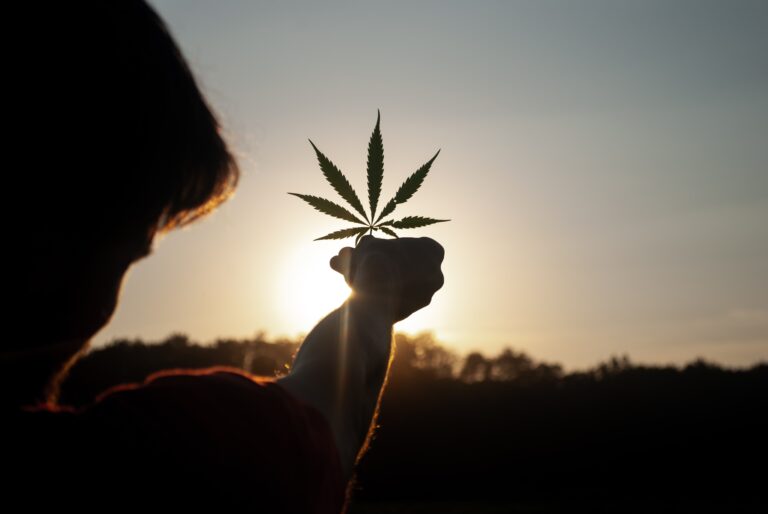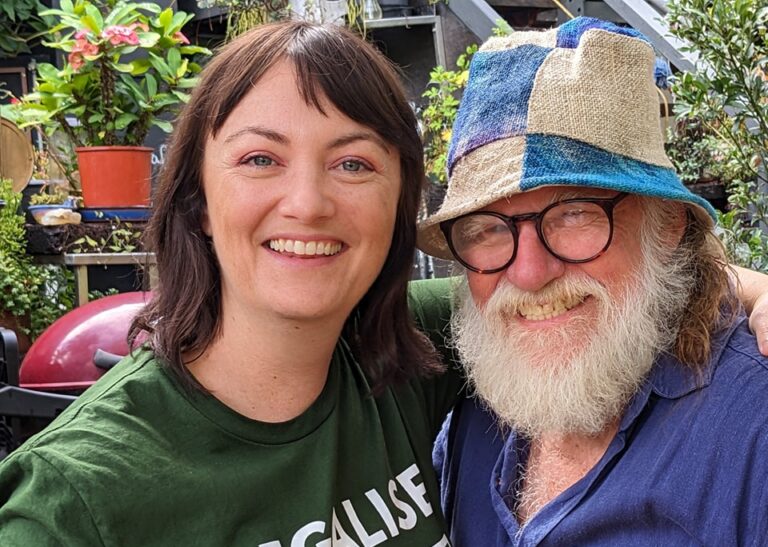05th October 2023 11:39
Victorian Legislative Council, Melbourne
Rachel PAYNE (South-Eastern Metropolitan) (11:39): I rise to speak to the Bail Amendment Bill 2023. Ten years ago only 17.9 per cent of all people in Victorian prisons were unsentenced, or in other words, had not been granted bail by the court while awaiting their hearing. By June last year that number had more than doubled to a startling 42.2 per cent. This was the cumulative effect of amendments to the Bail Act 1977 in 2013, 2016, 2017 and 2018.
As the government has acknowledged, the amendments that flowed from the Coghlan review in particular were the cause of those drastic rises in the remand population, with unequal impacts on Aboriginal and Torres Strait Islander peoples, women and children, particularly those charged with low-level and non-violent offences. It is an issue that I have highlighted in this chamber and that many others have highlighted publicly.
These laws are in need of urgent reform. These are laws too that have a severely disproportionate effect on those charged with the possession of small quantities of cannabis. Let me highlight a real-life case study for you provided by Victoria Legal Aid: Chris is in his thirties, he suffers from depression and anxiety following separation from his wife and the accompanying loss of contact with his children.
He was seeing a psychologist once a week … and taking prescribed sleeping medication …
But he also turned to cannabis for the relief from his symptoms it provided him.
Police officers visited Chris’ home in relation to a possible breach of COVID-19 Directions and were invited into his house. Police found a small quantity of cannabis in the living room.
Chris has no prior convictions, but he was already on bail for driving offences and … possession. Chris was arrested and charged with cannabis possession and with committing an offence while on bail …
Chris was refused bail by the court because of the effect of the uplift provisions in the Bail Act, and he was remanded in custody as a result of that cannabis charge. This was Chris’s first time in custody. He was never a prospect for receiving a custodial sentence for these offences. Chris pleaded guilty to the charge of possessing cannabis and received only a fine without a conviction.
Chris’s story was a travesty, and it is far, far too commonly repeated under our bail framework. That is why today I am so pleased that this bill, whether further amended or not, will reduce the circumstances in which reverse onus bail tests apply to only serious offending; better limit the application of the unacceptable risk test to reoffending that endangers the safety or welfare of another person; expand the factors that must be considered when an applicant for bail is an Aboriginal person; prohibit remand for offences against the Summary Offences Act 1966; require bail decision makers to consider, when applying the reverse onus test or the unacceptable risk test, whether the accused is likely to receive a custodial sentence, and if so, whether they are likely to spend more time on remand than the likely length of that custodial sentence; amend the new facts and circumstances test to encourage represented bail applications at the earliest opportunity; and repeal the offences of contravening certain conduct conditions and committing an indictable offence whilst on bail. These are significant changes, and there is no doubt that, with these changes, someone in Chris’s shoes will not be remanded in custody again.
This is a good bill. It is an improvement not only upon our current bail laws but on the place our bail laws were at back in 2013, when our remand levels sat at only 17.9 per cent, meaning that these reforms will significantly reduce the population of those unfairly remanded in our justice system. But it does not mean that our bail laws could not be further improved. To this end, I would like to acknowledge the advocacy of the Victorian Aboriginal Legal Service, Liberty Victoria, the Criminal Bar Association, the Human Rights Law Centre and many, many others who would like to see these reforms go further and have offered their unqualified support for Poccum’s Law. We too will support amendments that seek to implement this change.
I express my sincere condolences to the family of Veronica Nelson. The circumstances of her death should never be repeated, and it should never have happened, and I acknowledge the bravery of their advocacy. The bill before us today does implement the lion’s share of the reform that they seek and does address factors that overwhelmingly caused the spike in remand numbers in which Veronica was caught up.
This bill does not introduce a single bail test for bail, but in fairness to the government nor does any other jurisdiction in Australia. The changes proposed, noting in particular the limitations on uplift, the reshaping of the unacceptable risk test and, most significantly, the introduction of new section 3AAA(1), will make a marked difference in the courtroom. But I am hugely disappointed at the government’s last-minute backflip in relation to children, and I am hugely disappointed that we were not formally advised of this change before debate on this bill commenced today. We should absolutely be treating vulnerable children differently to adults, and we should be protecting them from the trauma and harm associated with a child’s engagement with the justice system.
Bail deals with two conflicting principles in our justice system: the presumption of innocence and the need to ensure community safety and the protection of Victorians. This bill finds a much-improved balance between the two for adults. Given the previously fraught attempts and unintended consequences flowing from past bail reform, I am very supportive of the insertion of a two-year review clause.
I would like to thank the Attorney-General and her staff for considering matters raised by my office in the lead-up to this debate. They go to the application of the unacceptable risk test, and I look forward to ventilating those matters with the Attorney-General in the committee of the whole. With those comments made, I confirm that Legalise Cannabis Victoria will be supporting the reform of our bail laws and the positive step forward that this bill takes.
[ENDS]





